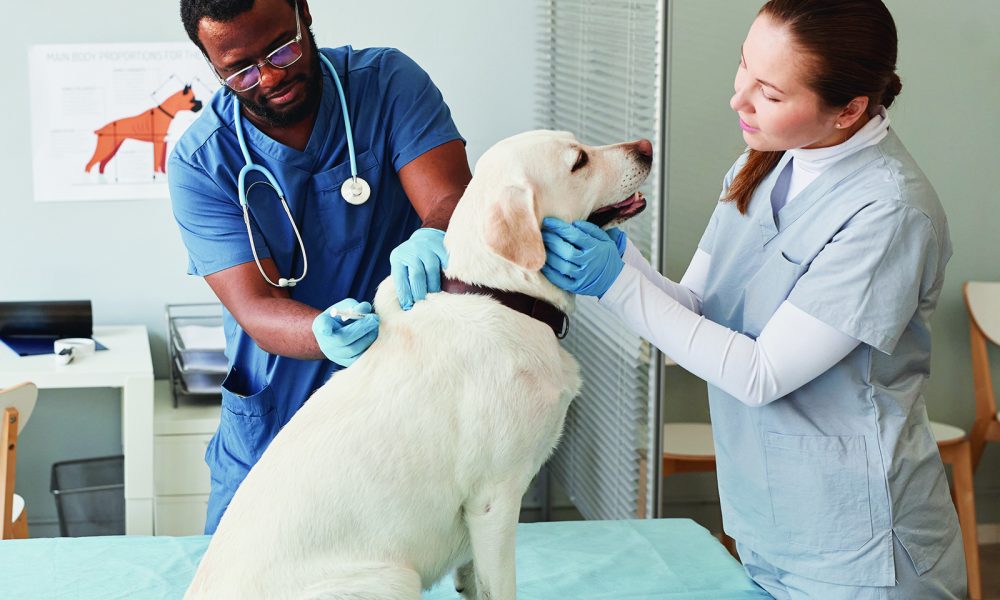It is difficult to know when pets are sick because they will attempt to conceal any signs of pain or sickness. However, knowing this can make you act fast when you realize any of the above symptoms. Thus, the inhabitants of the given region should address a veterinarian in Murrieta, CA for necessary recommendations.
Also, check for signs of discomfort including signs of decreased mobility or greatly reduced activity. Some of the symptoms that should alert you of illness in your pets include pets that are normally playful and are found to be less active.
Another sign is alteration of appetite where one loses appetite or eats more than he or she usually does. Also, notice whether the patient’s drinking pattern has changed because deviations from the normal rate of intake of water can also cause some diseases.
How do changes in appearance indicate there is something wrong with your health?
External symptoms like changes in your pet’s physical appearance often show that there is an underlying problem with your pet’s health. Check the state of their coat, mainly, if the coat looks dirty, they shed excessively, or they start showing signs of baldness there might be problems.
Self-recorded observations should also include weight changes, both in terms of losing a lot of weight or gaining a considerable amount of it. Also, check whether there are any lumps or nodules in their body that are not usual and also skin reactions to any soreness or rash.
The following are some of the signs that would indicate that the eyes have changed and may need the attention of a vet, the eyes may become cloudy, red, or produce too many tears among others.
What Behavioral Changes Should You Watch For?
It also shows that behavioral changes are essential in diagnosing your pet’s illness since they act as indications. This is because when the pet is feeling soreness or pain or is in some sort of discomfort, he may develop quirky behavior such as becoming aggressive, fearful, or withdrawn.
Of course, another sign that something is wrong is the changes in their schedule; for example, if they changed their sleeping pattern, or if they lack the desire to do what they love doing.
Additional signs include vocalization, including crying, whining, or meowing beyond their normal levels of display of these behaviors. To note some of the numerous behavioral changes, paying attention to them could assist one in identifying an illness in the early stages.

What Are Some Signs That Your Pet Needs Veterinary Attention?
If you observe any of the aforementioned symptoms, as well as drastic changes in the behavior or physical look of your pet, a veterinarian should be contacted. It is especially important to realize that most diseases if diagnosed in their early stages are easily treatable but if not caught in time, early intervention may prevent a further deterioration of the condition of your pet and help him get the right treatment timely.
Despite questioning whether or not the symptoms constitute a medical problem, a vet can recommend whether there is or is not a problem and recommend the need for any tests. Another procedure is the normal check-up with the veterinarian might also help in finding other possible complications earlier enough.
Conclusion
It is always essential that you keep an eye on your pet’s health as this will determine their overall health. In this way, you can pinpoint symptoms that will manifest themselves through changes in behavior, appearance, and usual activities before they advance further.
It is also important to take your pet for frequent vet check-ups especially when you notice that your pet is uncomfortable to move and play around. As pet owners, you should always have your gut feeling and not deny your pet a vet check-up in case of any issue. This has made you alert to possible illness in your pet which will go a long way in helping your pet live a long healthy life.

